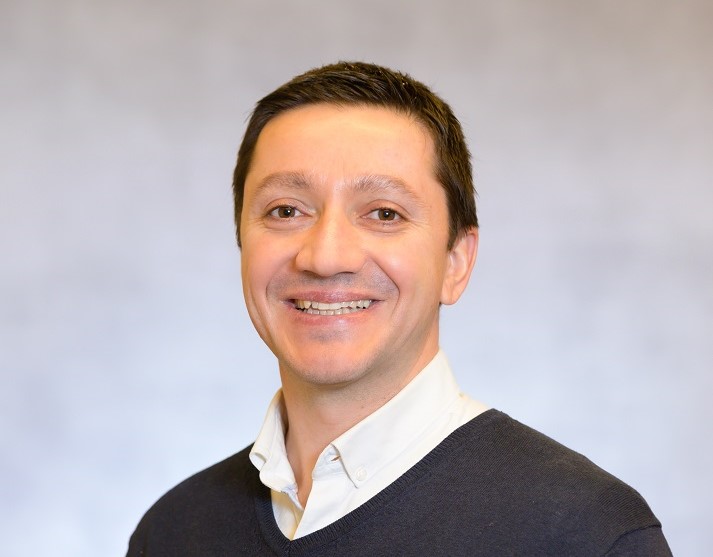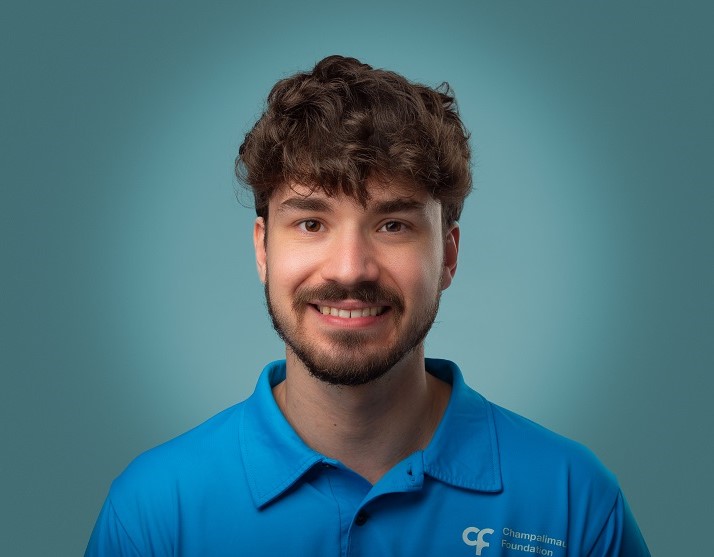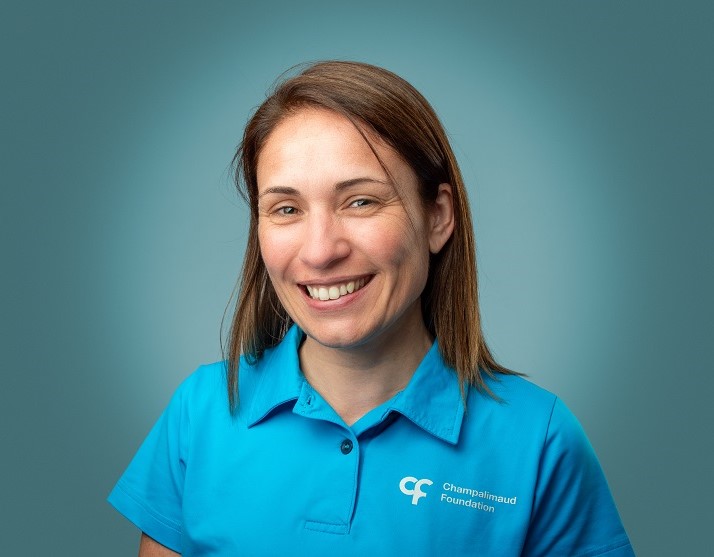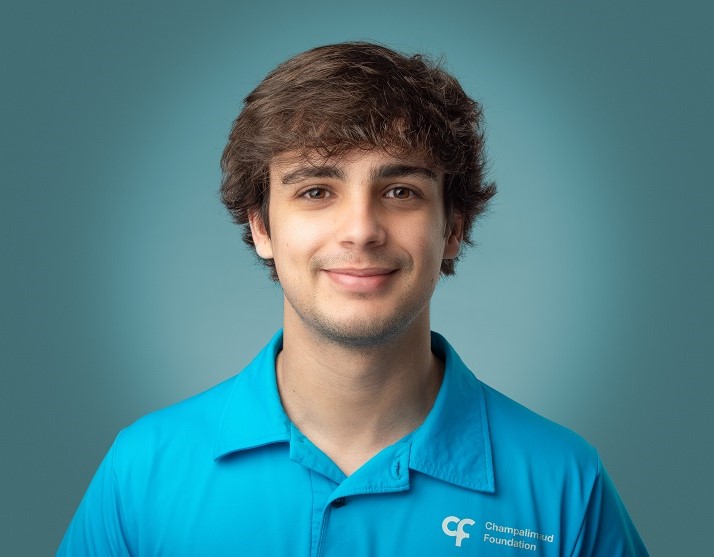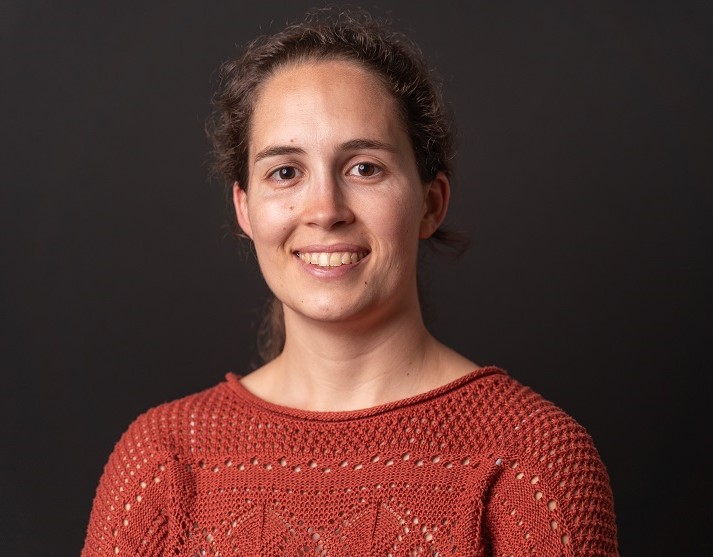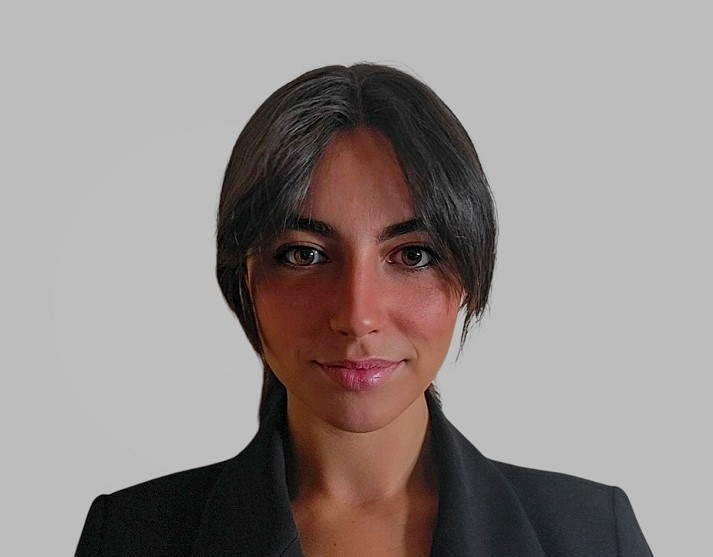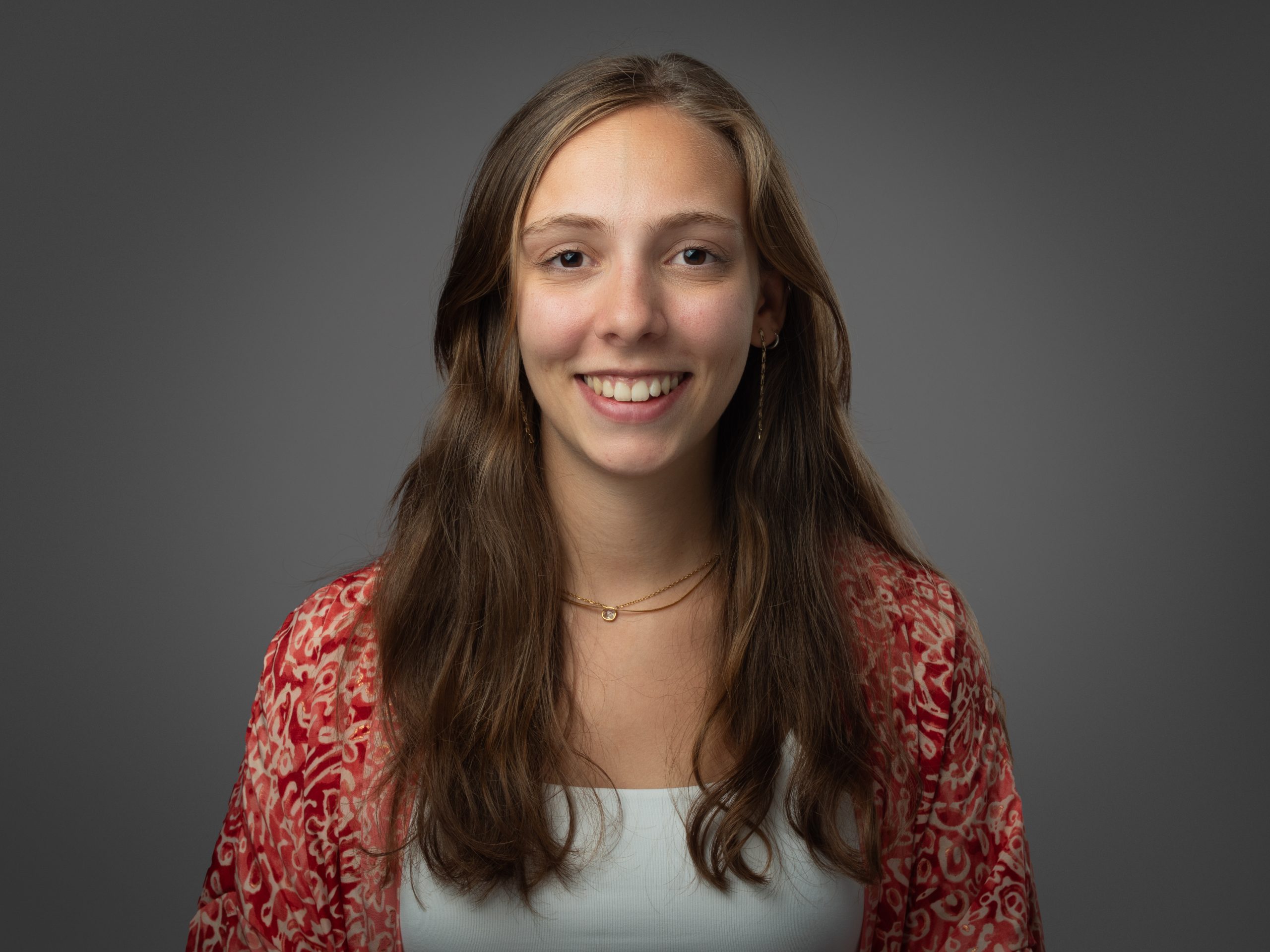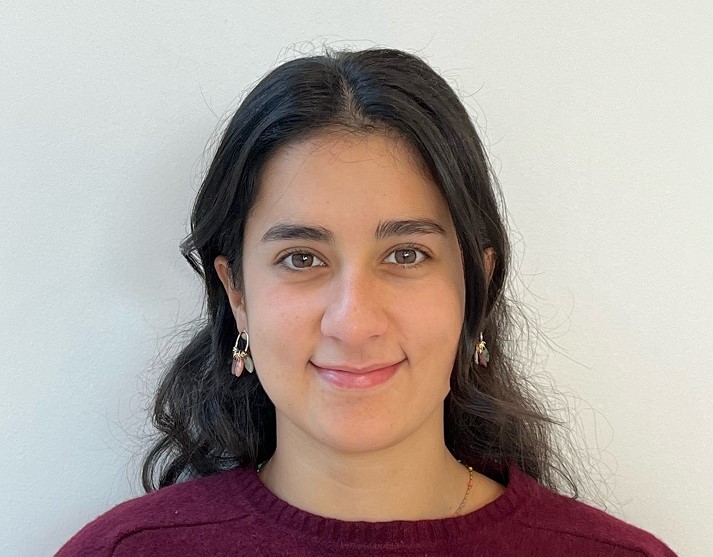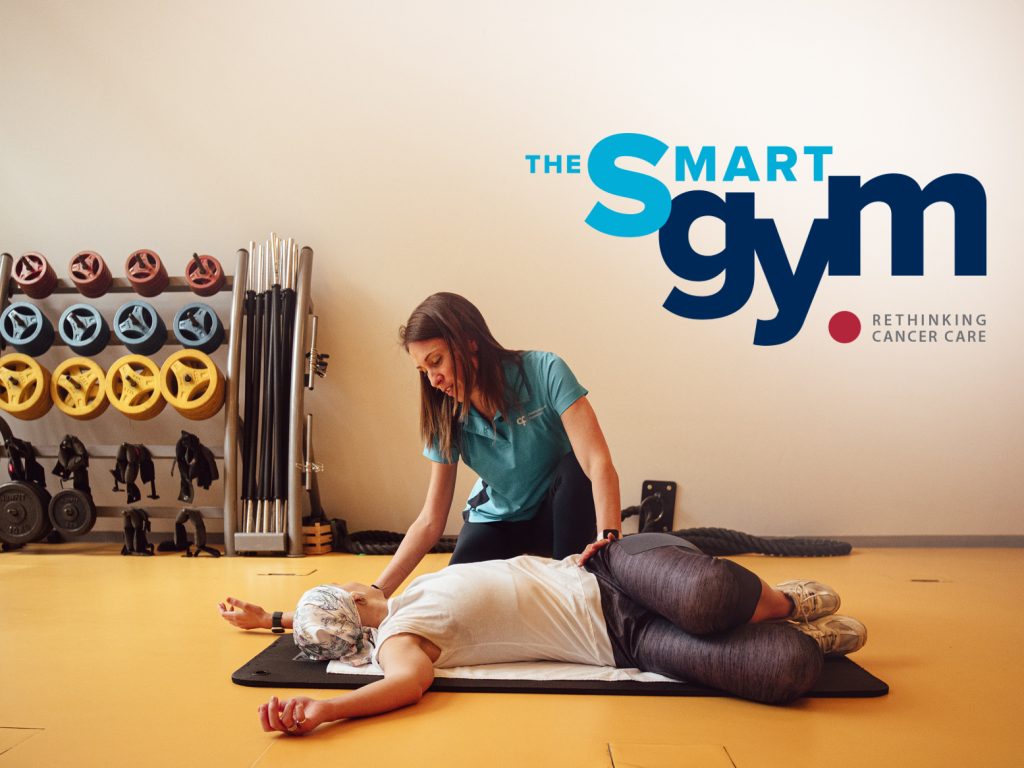Physical Activity & Quality of Life Lab
• Developing evidence-based exercise programs to optimize cancer treatment outcomes
• Exploring the role of physical activity and sleep in cancer etiology and their impact on survivorship
• Identifying wearable-based metrics to monitor treatment outcomes and prognosis among cancer patients
Our Clinical studies examine the potential of physical exercise as a concurrent therapy along with standard care to counteract the overall side effect burden of breast cancer treatment resulting from fatigue, cardiotoxicity, neuropathies, and sleep disturbances. Examples of our clinical research include a 4 to 6 month randomized controlled trial that is examining the impact of supervised exercise on Ki67 among breast cancer patients undergoing neoadjuvant treatment (The Neoadjuvant Exercise Oncology Program – NEO -Program). We have other clinical trials in preparation to 1) examine whether resistance exercise can improve tolerability to cyclin-dependent kinase 4/6 inhibitors (CDK4/6i) with endocrine therapy in estrogen receptor-positive (ER+)/Human Epidermal Receptor 2-negative (HER2-) breast cancers and 2) to determine whether physical exercise can improve sleep patterns during adjuvant hormone therapy in hormone-dependent (HR+) breast cancer.
Epidemiological studies use already existent data resources to expand our understanding of the role of physical activity and sleep in the etiology of cancer. Epidemiological studies are important to determine the distribution of risk factors for cancer such as physical inactivity or poor sleep in the population and quantify dose-response relationships between physical activity, sleep, and cancer risk and cancer survivorship. Examples of ongoing studies include our 1) examinations of the distribution of activity levels in the Portuguese population (n=8000 adults) using wearable measures of step counts and stepping intensity, and 2) examinations of associations between wearable-based sleep patterns and risk of mortality among adults (n=5000 adults).
Digital Health studies in our lab are examining the clinical value of wearable technology in oncology for the timely identification and monitorization of cancer treatment side effects including fatigue. These studies will allow for more individualized and proactive cancer treatments. We are particularly interested in identifying digital biomarkers of cancer outcomes using physical activity, exposure to light, and sleep measures, extracted from consumer and research-grade wearables. One example of a digital health study that we conducted recently includes the characterization of sleep patterns using a contactless sleep device among 25 women undergoing neoadjuvant chemotherapy and whose sleep patterns were monitored for 4 consecutive months throughout the entire duration of their treatment.
/ Group Leader /
Meet Our Team
/ MSc student /
/ Exercise Physiologist /
/ Director of Exercise Program for Cancer Patients /
/ MSc student /
/ Exercise Physiologist /
/ PhD student /
/ MSc student /
/ Clinical Researcher / Medical Oncologist
/ MSc student /
/ Research Assistant
/ MSc Student /
/ Staff Scientist /
/ Research Assistant
/ PhD Student /
Selected Publications
Sensor based sleep patterns and reported sleep quality in breast cancer patients undergoing neoadjuvant chemotherapy.
Malveiro C, Boavida S, Cargaleiro C, Bernardino AV, Correia IC, Reis C, Matos L, Sardinha LB, Cardoso MJ, Saint-Maurice PF.
Scientific Reports 2025; 15:25075.
Publication Date: 2025
Associations between actigraphy-measured sleep duration, continuity, and timing with mortality in the UK Biobank.
Saint-Maurice PF, Freeman J, Watts E, Moore SC, Shams-White M, Wolff-Hughes D, Russ D, Almeida J, Hong H, Loftfield E, Matthews CE. Sleep 2024; 47(3):zsad312.
Publication Date: 2024
Effects of exercise training on cancer patients undergoing neoadjuvant treatment: A systematic review.
Malveiro C, Correia IC, Cargaleiro C, Magalhães JP, Matos LV, Hilário S, Sardinha LB, Cardoso MJ. Journal of Science and Medicine in Sport 2023; 26(11): 586-592.
Publication Date: 2023
Association of weight change, inflammation markers and disease staging with survival of patients undergoing chemotherapy for pancreatic adenocarcinoma.
Matos LV, Coelho A, Cunha R, Fernandes L, Sousa MF, Neves MT, Cardoso D, Malheiro M, Graça J, Silva ES, Plácido A, Martins A. Nutrition and Cancer, 2022; 74(2):546-554.
Publication Date: 2022
Association of daily step count and step intensity with mortality among US adults.
Saint-Maurice PF, Troiano RP, Bassett D, Graubard B, Carlson S, Shiroma E, Fulton J, Matthews CE. JAMA 2020; 323(12):1151-1160.
Publication Date: 2020
Selected Projects
The Neoadjuvant Exercise Oncology Program – NEO Program (ClinicalTrials.gov: NCT05297773)
Sponsor: Champalimaud Foundation
Principal Investigator: Leonor Matos
This is a 4 to 6 month randomized controlled trial examining the impact of two different exercise protocols (aerobic and resistance training) on Ki67 among breast cancer patients undergoing neoadjuvant chemotherapy. The NEO trial includes patients with histologically confirmed hormone-responsive/human epidermal growth factor receptor-2 (HER2) negative breast cancer. This project will inform about the efficacy of exercise training protocols for improving cancer outcomes in breast cancer patients.
Impact of Physical Exercise on Wearable-based Measures of Sleep and Exposure to Light at Night among Adults Undergoing Active Treatment for Breast Cancer
Sponsor: Liga Portuguesa Contra o Cancro
Principal Investigator: Pedro Saint-Maurice
This is a 12-week randomized controlled trial of supervised exercise and sleep in adjuvant hormone therapy in hormone-dependent (HR+) breast cancer. This project will determine whether combined exercise (aerobic and resistance training) can improve sleep duration, quality, and sleep timing in breast cancer patients. The project will also examine whether exercise can impact wearable-based metrics related to exposure to artificial light. The potential of exercise to improve sleep has major implications for cancer patients on hormone therapy that often experience disrupted sleep and exacerbated treatment-related adverse effects.
RELIEVE – Tailored Exercise Program after a Cancer Diagnosis
Sponsor: The Good Bottle
Principal Investigator: Carla Malveiro / Leonor Matos / Pedro Saint-Maurice
RELIEVE is in the design stage and will be a prospective cohort of cancer patients being followed at the Champalimaud Foundation and that have been referred to a structured and supervised exercise program at our clinic. Patients enrolled in RELIEVE will complete behavioral and clinical assessments at baseline and follow an exercise program using Technogym latest technology, where the prescription and execution of exercises is assisted by artificial intelligence. RELIEVE will allow that we improve our scientific understanding of the impact of exercise on cancer treatment outcomes.
The SmartGym
Where our Science Takes Place
Our priority at the Champalimaud Foundation is to develop a structured and personalized offer of exercise programs for all patients diagnosed with cancer. To achieve this goal, we designed RELIEVE – an innovative program that will create a personalized referral and exercise prescription fully integrated into the clinical care pathway for patients followed at the Champalimaud Clinical Centre.
RELIEVE will be implemented at our new exercise facility The SmartGym. The SmartGym will be equipped with Technogym latest technology including the Technogym A.I. powered checkup assessment hardware and software that includes a cloud ecosystem to securely store and manage all data collected during the exercise sessions. As part of RELIEVE, we will also implement an individualized and passive monitoring system for behaviors of daily life including physical activity and sleep, outside the clinical setting. RELIEVE will inform our patients and our science about which exercise programs can help cancer patients the most.
Moving Beyond
Science on Exercise Oncology
There is established evidence that physical exercise is a key player for cancer prevention and for improving the prognosis and quality of life of people who have cancer. Our lab organized the conference Moving Beyond, which took place at the Champalimaud Foundation on April 3 and 4 2025 and gathered world scientific leaders in the field of “exercise oncology”.
During the two-day conference, we interviewed a series of invited speakers on the benefits of physical activity for cancer prevention and treatment and asked speakers to share some of the key scientific advances in exercise oncology.
Watch the video and hear what they had to say.
Disclaimer: contact us for more information about these studies or if you wish to know more about other ongoing work we have at our lab.
